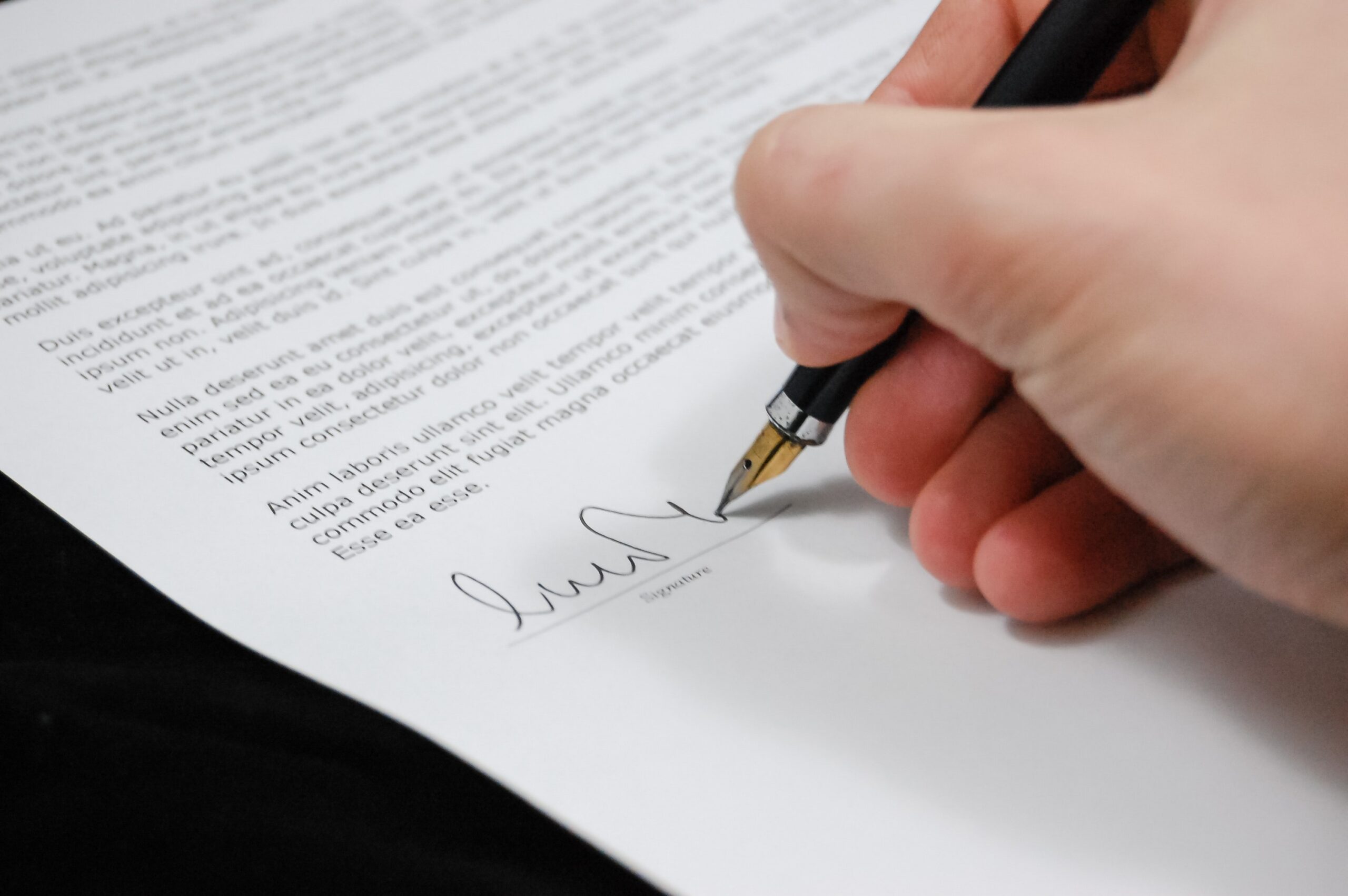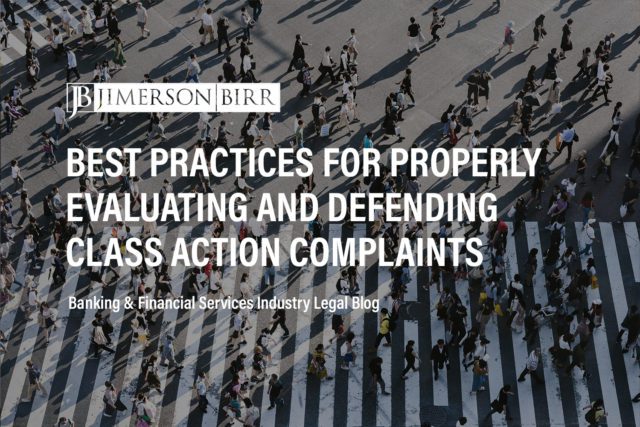What does advancing strategic defenses and negotiating settlements in class action litigation entail?
Advancing defense strategies in class action litigation defense involves a thorough understanding of Florida and federal laws and a comprehensive approach to negotiation and litigation. These strategies aim to increase the likelihood of favorable settlements that are economically and commercially beneficial for defendants. In the context of class action litigation defense in Florida, advancing defense strategies can include early claims assessment, effective communication with opposing counsel, and utilization of alternative dispute resolution methods.
One example of a successful defense strategy under Florida law is using class certification requirements to challenge the plaintiff’s ability to maintain a class action. By demonstrating that the proposed class fails or would likely fail to meet the requirements, defendants can potentially avoid a large-scale class action and negotiate a more favorable settlement. Another example is employing a vigorous motion practice to challenge the sufficiency of the plaintiff’s allegations and the legal basis for their claims, which can result in a dismissal or a more favorable negotiation position.
Need help to defend against a class action? Schedule your consultation today with a top class action litigation defense attorney.
Which Florida laws and regulations apply to advancing strategic defenses and negotiating settlements in class action litigation?
In Florida, several laws and regulations guide defense strategies in class action litigation. The Florida Rules of Civil Procedure, specifically Rule 1.220, govern the certification of class actions and provide criteria that plaintiffs must meet to maintain a class action lawsuit. By understanding and leveraging these requirements, defendants can challenge the plaintiff’s ability to maintain a class action and potentially reach a more favorable settlement.
Additionally, the Florida Deceptive and Unfair Trade Practices Act (FDUTPA) is a statute that often comes into play in class action litigation. Therefore, defendants should be familiar with the requirements and defenses under FDUTPA, as it can impact the viability of the plaintiff’s claims and the potential for settlement.
Advancing defense strategies in class action defense involves a thorough understanding of state and federal laws and effective negotiation and litigation tactics. By leveraging class certification requirements and understanding relevant statutes like FDUTPA, defendants can maximize their potential for reaching favorable settlements where economically and commercially beneficial.
What are the benefits of advancing strategic defenses and negotiating settlements in class action cases?
Advancing defense strategies designed to maximize the potential for favorable settlements where economically and commercially beneficial in class action litigation defense matters offers the following strategic benefits:
- Cost savings: By implementing effective defense strategies, parties can potentially reduce the overall cost of litigation, including attorney fees, discovery expenses, and other associated costs, which may result in more favorable settlement terms.
- Enhanced negotiation position: An early and thorough assessment of the plaintiff’s claims can help identify weaknesses in their case, enabling the defendant to leverage them in settlement negotiations or during the trial, potentially resulting in more advantageous terms.
- Time efficiency: Proactively addressing class action litigation defense matters can expedite the resolution process, allowing businesses to focus their resources on core operations and minimize disruption caused by ongoing litigation.
- Reputation management: Successful defense strategies can help mitigate potential reputational damage associated with class action lawsuits, preserving the defendant’s public image and maintaining customer trust.
- Risk mitigation: By working to achieve favorable settlements where economically and commercially beneficial, defendants can avoid the uncertainty and potential financial exposure associated with a trial verdict, thus mitigating risk and preserving the company’s financial stability.
- Encouragement of alternative dispute resolution: Proactive defense strategies can promote alternative dispute resolution methods, such as mediation and arbitration, which may lead to more favorable outcomes for both parties and reduce the burden on the judicial system.
What steps should a class action defendant take to advance strategic defenses and negotiate settlements successfully, and how will class action plaintiffs generally respond?
Class action defendants should follow these steps:
- Conduct a thorough investigation: Defendants should closely examine the plaintiff’s claims and gather all relevant evidence to build a strong defense based on Florida and federal cases, statutes, codes, rules of procedure, regulations, and secondary sources.
- Evaluate the case’s merits: Defendants should assess the strengths and weaknesses of the case to determine the likelihood of achieving a favorable settlement, considering the applicable laws and precedents in Florida.
- Develop an effective defense strategy: Based on the case’s merits, defendants should tailor their defense strategy to maximize the potential for a favorable settlement, considering all available legal defenses and options under Florida and federal law.
- Engage in settlement negotiations: Throughout the litigation process, defendants should actively negotiate with the plaintiff, considering the goal of achieving a favorable, economically, and commercially beneficial settlement.
Class action plaintiffs generally respond to a defendant’s advancing defense strategies by:
- Strengthening their claims: Plaintiffs may seek to bolster their case by gathering additional evidence or refining their legal arguments in light of the defendant’s defense strategy.
- Challenging the defendant’s defenses: Plaintiffs may attempt to refute the defendant’s legal defenses, pointing to inconsistencies or weaknesses in the defendant’s arguments.
- Pursuing alternative dispute resolution: In some cases, plaintiffs may be more amenable to alternative dispute resolution methods, such as mediation or arbitration, in response to the defendant’s advancing defense strategies.
Common legal defenses against advancing defense strategies include the following:
- Lack of standing: The plaintiff may not have the legal right to bring the claim, meaning the defendant can argue that the case should be dismissed.
- Statute of limitations: The defendant may argue that the plaintiff’s claim is time-barred, meaning it was filed too late under the applicable statute of limitations.
- Failure to state a claim: The defendant may contend that the plaintiff’s complaint does not sufficiently allege the necessary elements of a valid claim.
- Procedural defenses: The defendant may raise procedural issues, such as improper service or venue, to challenge the plaintiff’s case.
When a set of facts is appropriate to meet the requirements of class action litigation defense, there are many paths a defendant may take. We are value-based attorneys at Jimerson Birr, which means we look at each action with our clients from the point of view of costs and benefits while reducing liability. Then, based on our client’s objectives, we chart a path to seek appropriate remedies.
To determine whether a unique situation may necessitate litigation, please contact our office to set up your initial consultation.
Frequently Asked Questions
- How do Florida’s class action rules differ from federal rules?
Florida’s class action rules are generally similar to the federal rules, but there may be some differences in procedural requirements and available defenses. Therefore, defendants must consult with experienced counsel familiar with Florida and federal law to navigate these differences.
2. When should a defendant consider settling a class action lawsuit?
A defendant should consider settling a class action lawsuit when the potential benefits of a settlement, such as reduced litigation costs and risk mitigation, outweigh the costs and risks associated with proceeding to trial. In addition, defendants should consider factors such as the strength of the plaintiff’s case, the potential financial exposure, and the impact on the defendant’s reputation.
3. Can a defendant appeal a class action settlement?
Generally, a defendant can appeal a class action settlement if they believe it is unfair or the court abused its discretion in approving the settlement. However, the appeal process can be complex and time-consuming, so defendants should carefully weigh the costs and benefits of pursuing an appeal.
Have more questions about a class action defense-related situation?
Crucially, this overview of advancing strategic defenses and negotiating settlements in class action litigation does not begin to cover all the laws implicated by this issue or the factors that may compel the application of such laws. Every case is unique, and the laws can produce different outcomes depending on the individual circumstances.
Jimerson Birr attorneys guide our clients to help make informed decisions while ensuring their rights are respected and protected. Our lawyers are highly trained and experienced in the nuances of the law, so they can accurately interpret statutes and case law and holistically prepare individuals or companies for their legal endeavors. Through this intense personal investment and advocacy, our lawyers will help resolve the issue’s complicated legal problems efficiently and effectively.
Having a Jimerson Birr attorney on your side means securing a team of seasoned, multi-dimensional, cross-functional legal professionals. Whether it is a transaction, an operational issue, a regulatory challenge, or a contested legal predicament that may require court intervention, we remain tireless advocates at every step. Being a value-added law firm means putting the client at the forefront of everything we do. We use our experience to help our clients navigate even the most complex problems and come out the other side triumphant.
If you want to understand your case, the merits of your claim or defense, potential monetary awards, or the amount of exposure you face, you should speak with a qualified Jimerson Birr lawyer. Our experienced team of attorneys is here to help. Call Jimerson Birr at (904) 389-0050 or use the contact form to schedule a consultation.

We live by our 7 Superior Service Commitments
- Conferring Client-Defined Value
- Efficient and Cost-Effective
- Accessibility
- Delivering an Experience While Delivering Results
- Meaningful and Enduring Partnership
- Exceptional Communication Based Upon Listening
- Accountability to Goals










